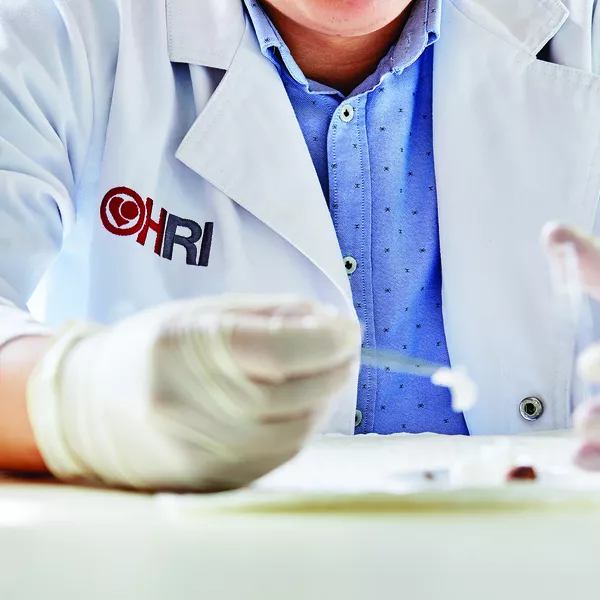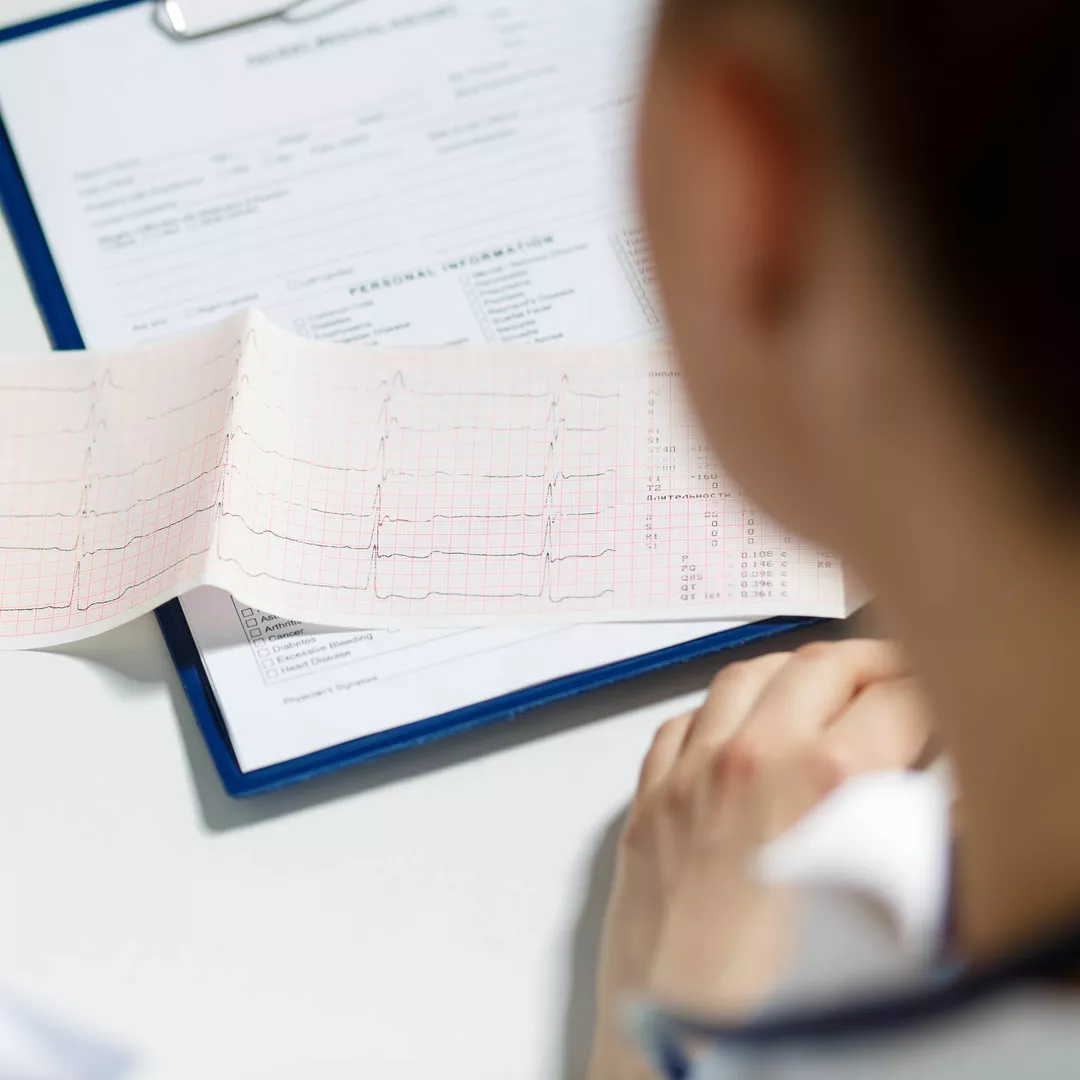
Doctors should monitor patients for three full days after a stroke to establish if they have a common but deadly heart condition, an expert group urges.
Prolonged monitoring identifies which patients have atrial fibrillation, and sets them on a specialist treatment path to protect them from recurrent strokes due to blood clots associated with the condition.
This is the call from a global alliance of 175 specialists leading a global push to improve detection of atrial fibrillation. The group, co-founded by Professor Ben Freedman of Sydney’s Heart Research Institute, has penned a ‘State of the Art’ paper in the prestigious journal Circulation that calls for an overhaul to patient monitoring protocol after an acute ischemic stroke.
“Our white paper confirms that clinicians would be saving a significant number of lives and heartache if they spent longer searching for atrial fibrillation in people who have had a stroke,” says Professor Freedman, HRI heart specialist and co-founder of AF-SCREEN International Collaboration. “Identifying the condition at this stage changes the treatment path and may protect patients from subsequent strokes and thromboembolism.”
“Sadly, it’s not common practice at present, and stroke risk for some patients remains high.”
Atrial fibrillation, or AF, is a common irregular heart rhythm disorder that interferes with the normal pumping of the heart. Irregular pumping allows clots to form inside the heart. These can break off and enter the arteries, blocking blood flow to the brain and causing a stroke.
Professor Freedman says in up to a quarter of strokes or mini-strokes, AF is known beforehand. In a further quarter of strokes, AF can be found in the days after the stroke using electrocardiogram (ECG) monitoring. The more intense and prolonged the monitoring, the more likely for AF to be found.
“Once it’s discovered, these AF patients go onto anticoagulant blood thinners, rather than the usual stroke treatment of aspirin, and are therefore less likely to have another AF-related stroke,” the specialist says. “That is because aspirin is not really effective in preventing AF-related strokes”.
AF may be a marker of a heart muscle abnormality of the atrium called atrial myopathy. “More research is required to understand the causes and diagnosis of this myopathy, which could guide us on how intensively we should search for AF after stroke,” says Professor Freedman.
The white paper authored by 45 AF-SCREEN members, reviewed current research and found ECG monitoring should be continued for 72 hours after stroke to detect AF. “Even just routine monitoring for a full 24 hours after stroke would pick up a considerable number in this at-risk group,” says Professor Freedman, the corresponding author of the paper. “Unfortunately, it takes time and is more costly to use an ECG on a patient, so in many countries, it’s simply not an economic possibility to monitor them that long.”
The paper urges health authorities around the world to reconsider their ECG monitoring practices in the case of stroke, and calls for further research to build knowledge of this important health concern.
Related research areas


